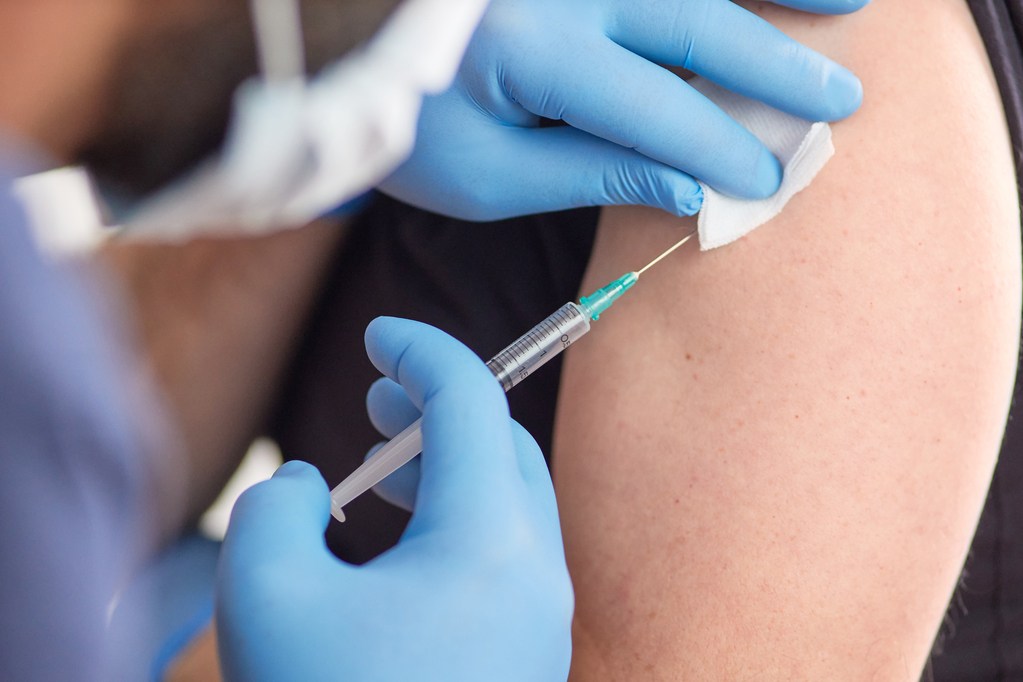Two years ago, as people gathered for New Year’s Eve celebrations, a new global threat emerged – COVID-19.
“Although we had little information, we had enough experience and expertise to know that this looked serious,” WHO’s Director-General dr Tedros Adhanom Ghebreyesus said at a virtual press conference on Wednesday, marking the sad anniversary of the pandemic (29 December 2021).
“Early on we worked out that beating this new health threat – a new coronavirus potentially capable of spreading quickly around the globe – would require three things. Science to both understand the pathogen and find solutions to beating it, and solidarity to share and deliver those tools wisely and equitably.”
According to dr Tedros, there were major successes in the beginning such as the rapid development of a package of technical guidance on how to ready countries to detect, treat, communicate, and prevent the spread of the virus, the sharing of the genome, and the set-up of a multi-organisational supply chain system. WHO warned the world about the danger from the very start of the outbreak.
In the beginning the warnings were not specific and did not raise any alarm bells. When the world started to take the warnings seriously, it was too late to contain the spread of the virus. Only on 11 March 2020 did WHO make the assessment that COVID-19 could be characterized as a pandemic.
In June 2020, WHO published a timeline of its response to COVID-19. At that time, Dr Tedros admitted that, “Despite all the warnings, the world was not ready. Our systems were not ready. Our communities were not ready. Our supply chains collapsed.”
“While science delivered, politics too often triumphed over solidarity,” he summarized the situation today. “While there were 1.8 million recorded deaths in 2020, there were 3.5 million in 2021 and we know the actual number is much higher. This is not to mention to the millions of people dealing with long-term consequences from the virus.”
He repeated his criticism against vaccine nationalism and disinformation which is damaging a world-wide effective response. “Populism, narrow nationalism and hoarding of health tools, including masks, therapeutics, diagnostics and vaccines, by a small number of countries undermined equity, and created the ideal conditions for the emergence of new variants.”
Misinformation and disinformation, often spread by a small number of people, have been a constant distraction, undermining science and trust in lifesaving health tools.
That said, he still remains optimistic “that this can be the year we not only end the acute stage of the pandemic but we also chart a path to stronger health security”.
“This virus will continue to evolve and threaten our health systems if we don’t improve the collective response. Right now, Delta and Omicron are twin threats that are driving up cases to record numbers, which again is leading to spikes in hospitalisations and deaths.”
“I am highly concerned that Omicron being more transmissible, circulating at the same time as Delta - is leading to a tsunami of cases,” he warned.
This will continue to put immense pressure on exhausted health workers and health systems on the brink of collapse and again disrupting lives and livelihoods.
The unvaccinated are many times more at risk of dying from either variant. Omicron is moving so quickly, in addition to vaccination, public health social measures are also needed to stem the wave of infection, protect health workers and systems, open up societies and keep children in school.
Mental health must also be treated as a core element of the response to and recovery from the COVID-19 pandemic, he stressed.
During 2021, Dr Tedros challenged world leaders to ensure that by the end of this year, countries have vaccinated 40% of their populations and 70% by the middle of 2022. However, 92 countries, out of 194, missed the 40% target.
This is due to a combination of limited supply going to low-income countries for most of the year and then subsequent vaccines arriving close to expiry and without key parts. “40% was doable. It’s not only a moral shame, it cost lives and provided the virus with opportunities to circulate unchecked and mutate.”
“In the year ahead, I call for leaders of government and industry to walk the talk on vaccine equity both by ensuring consistent supply and helping to get vaccinations actually into people.”
Vaccine supply, for now at least, is improving although the emphasis on boosters in rich countries could cause low-income countries to go short again, he said.
For the new year, the WHO Director-General called on leaders of rich countries and manufacturers to learn the lessons of Alpha, Beta, Gamma, Delta and now Omicron and work together to reach the 70% vaccination coverage in every country by the start of July 2022.
The Brussels Times

